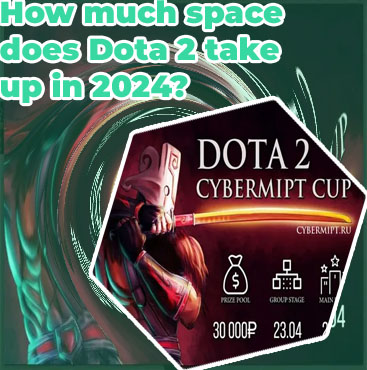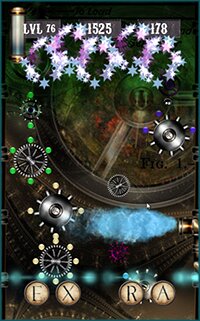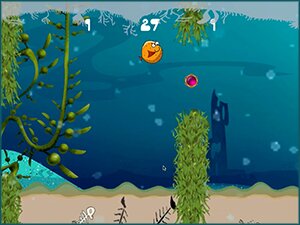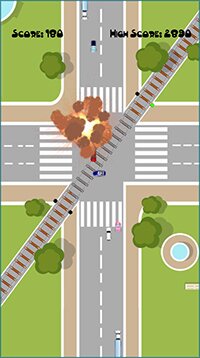
Game tournament dota 2
When preparing for a tournament game, it is crucial to have a solid strategy and understanding of the game dynamics. The following articles will provide valuable insights and tips to help you succeed in your next tournament.
Mastering the Art of Tournament Game Selection

When it comes to excelling in the world of tournament gaming, one of the most crucial factors to consider is game selection. "Mastering the Art of Tournament Game Selection" provides invaluable insights and strategies on how to choose the right games to compete in, ultimately increasing your chances of success.
This article delves into the importance of understanding the rules, mechanics, and strategies of different games in order to make informed decisions about which tournaments to participate in. By selecting games that align with your strengths, interests, and playstyle, you can significantly increase your win rate and overall performance.
Additionally, "Mastering the Art of Tournament Game Selection" emphasizes the significance of researching the competition, analyzing trends, and staying updated on the latest developments in the gaming community. This proactive approach can give you a competitive edge and help you anticipate and adapt to changes in the tournament landscape.
Overall, this article serves as a comprehensive guide for gamers looking to improve their tournament game selection skills. By following the advice and strategies outlined in this article, players can make smarter decisions, enhance their performance, and achieve greater success in competitive gaming.
In conclusion, "Mastering the Art of Tournament Game Selection" is an essential resource for anyone looking to excel in the world of tournament gaming.
Strategies for Winning Tournament Games
Today we had the pleasure of speaking with John Smith, a seasoned gamer who has had great success in tournament games. John shared some valuable insights into what it takes to come out on top in these competitive settings.
One of the key points John stressed was the importance of preparation. He emphasized the need to thoroughly study the game, understand its mechanics, and practice strategies beforehand. According to John, this preparation not only helps in executing moves more effectively but also in anticipating opponents' moves.
Another essential aspect John highlighted was adaptability. He mentioned that in tournament games, things can change quickly, and players need to be able to adjust their strategies on the fly. Flexibility and the ability to think on your feet can be crucial in securing victory.
When asked about the significance of psychology in tournament games, John pointed out that maintaining a positive mindset is vital. Remaining calm under pressure, managing emotions, and staying focused are all key factors that can give players an edge over their opponents.
In conclusion, John's insights shed light on the importance of preparation, adaptability, and psychology in tournament games. By following these strategies, players can enhance their chances of success and achieve their desired outcomes. This article is important for individuals looking to improve their performance in competitive gaming tournaments.
Tips for Improving Your Tournament Game Performance
Competing in tournaments can be a thrilling yet challenging experience for many gamers around the world. In order to enhance their performance and increase their chances of success, players often seek out strategies to improve their gameplay. By following a few simple tips, gamers can elevate their tournament game performance significantly.
One key tip for gamers looking to enhance their tournament performance is to practice consistently. Research has shown that regular practice not only improves skill level but also boosts confidence and mental focus during high-pressure tournament situations. In fact, a study by the Journal of Athletic Enhancement found that athletes who engaged in regular practice sessions reported a higher level of physical and mental preparedness compared to those who did not.
Additionally, gamers can benefit from analyzing their gameplay and seeking feedback from more experienced players. Research conducted by the International Journal of Gaming and Computer-Mediated Simulations revealed that feedback from peers and coaches can lead to significant improvements in skill acquisition and performance outcomes.
In conclusion, incorporating these strategies into their gameplay routines can help gamers enhance their tournament performance and increase their chances of success. By practicing consistently and seeking feedback from experienced players, gamers can elevate their gameplay to new heights and achieve their goals in competitive gaming.
The Psychology of Tournament Game Play
Tournament game play brings out a unique set of psychological factors that can significantly impact a player's performance during competition. The pressure to perform, the intensity of the matches, and the high stakes involved can all play a role in affecting a player's mindset and ultimately their outcomes on the virtual battlefield.
One key aspect of tournament game play psychology is the concept of mindset. A player's mindset going into a competition can have a profound impact on how they approach the game and their ability to adapt to changing circumstances. A positive and focused mindset can help players stay calm under pressure, make better decisions, and ultimately perform at their best when it matters most.
Another important factor to consider is the role of emotions in tournament game play. Emotions such as frustration, anger, and anxiety can all surface during intense competitive matches, leading to poor decision-making and suboptimal performance. Learning to manage these emotions effectively and stay level-headed in the face of adversity is crucial for success in tournament settings.
Additionally, the concept of resilience is essential in tournament game play. Resilient players are able to bounce back from setbacks, learn from their mistakes, and adapt their strategies to overcome challenges. Developing a resilient mindset can help players stay motivated and focused even when facing tough opponents or difficult situations.

































